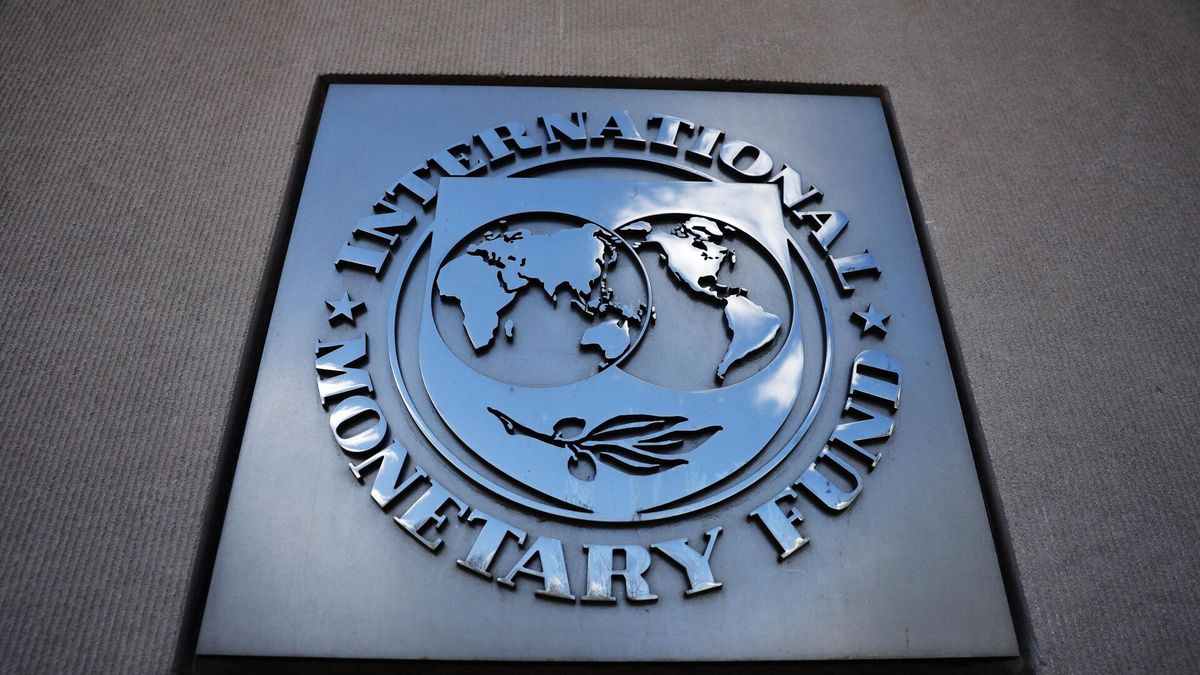“In the program there are hypotheses and objectives. And, inflation is one of the assumptions. The objectives are fiscal and monetary, the monetary financing of the deficit, structural objectives, all these are the goals”Goldfajn said. To then explain that “of course the assumptions can change as a result of a new macroeconomic context caused by the global economy, new shocks” and recalled that this was the case of the program with Ecuador.
The official explained that “Assumptions are used to build the program” while “the objectives” are those referring to the “fiscal, reserves, structural” goals.
In this sense, Goldfajn was emphatic in stating that “These will not be changed because what we (the IMF) have to do is help the authorities prioritize measures to meet these goals.”
Thus, the director of the Fund confirms the maintenance of the objective to reduce the deficit to 2.5% in relation to GDP for this year against the expectation that the fiscal and monetary target could be made more flexible in the current context. Likewise, financing from the BCRA would be maintained at 1% of GDP.
In any case, Goldfajn did not want to comment on the tenor of the talks held with the economic team in Washington and limited himself to pointing out that “In Argentina the name of the game is implementation. The program was approved and now we have to see the implementation”, he asserted.
Inflation affecting the world and the region was the recurring theme at the press conference given by the IMF director for the Western Hemisphere Department. He recognized the impact of inflation in the region and the need to provide a safety net for vulnerable sectors. In this regard, I emphasize that the poorest sectors face inflation between “2 to 3 points higher than the rest”.
“As in many other countries, Argentina was affected by the global inflationary shock. The entire region is facing high inflation and this is also the case in Argentina. The review will usually take into account the new reality in all countries,” Goldfajn said.
Although he repeated: “The recommendation is to prioritize and protect the most vulnerable and be sure to respect the fiscal conditions.”
For this reason, he insisted that “Reviews are normal in all programs” although with respect to Argentina he said that they are “prioritizing and looking at the measures to ensure that the objectives of the program are met and that they do not have to change.”
For this the IMF goes “to continue providing support to the Argentine authorities so that they can comply with the program”. While I anticipate that they hope to conclude the “review in May”.
The Fund in various publications and declarations endorses and, moreover, requests that spending on social programs, health, education and public investment “must be protected”. It also suggests implementing tax reforms (such as raising personal income taxes) to sustain growth. “inclusive growth and help countries maintain fiscal sustainability”.
The government agrees with both positions, protecting the most vulnerable and establishing taxes to finance these expenses, although the doubt among specialists is whether the fiscal goal agreed with the IMF will be maintained.
Source: Ambito
David William is a talented author who has made a name for himself in the world of writing. He is a professional author who writes on a wide range of topics, from general interest to opinion news. David is currently working as a writer at 24 hours worlds where he brings his unique perspective and in-depth research to his articles, making them both informative and engaging.




